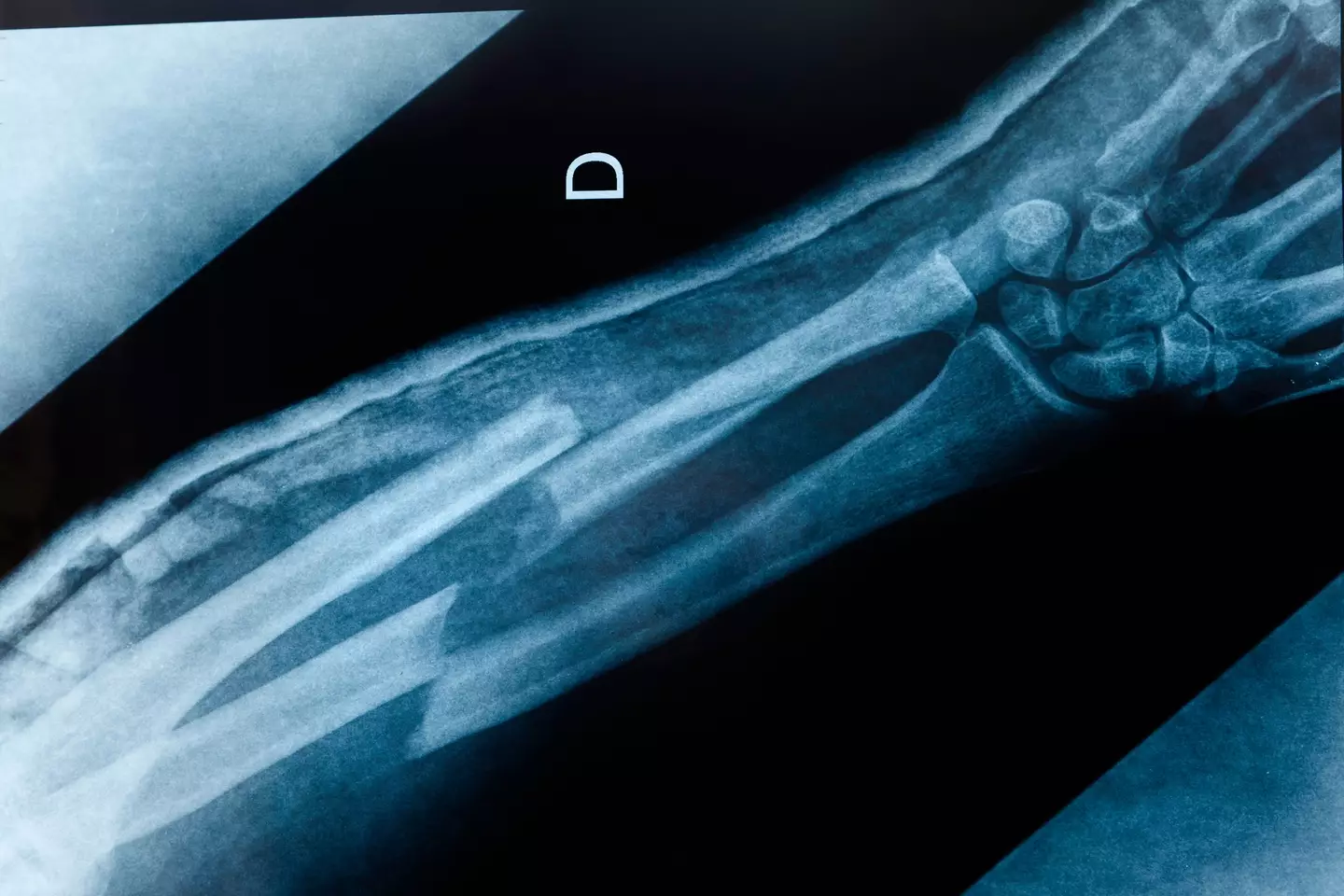
Doctors have revealed that a particular hormone released when the contraceptive pill is taken could reduce the risk of a common bone disease.
When it comes to the contraceptive pill, apart from preventing unwanted pregnancies, we don't hear a lot of great things.
From the list as long as your arm of side effects, to first-person horror stories, it's enough to put anyone off.
But experts have revealed that one hormone found in the majority of contraceptive pills, could actually reduce the risk of a common bone disease.
Advert
The birth control pill works by preventing ovulation by altering the lining of the uterus, making it extremely challenging for a fertilized egg to implant itself.
However, one of the less-known positive side effects of the pill concerns bone health.
.jpg)
Osteoporosis is a condition that causes a loss of bone density, and those with it are more likely to experience bone fractures.
However, the hormone estrogen, which can be found in most birth control pills, can help maintain or even slightly increase bone mineral density in some people.
This is because estrogen directly promotes the activity of osteoblasts, which are responsible for making new bone.
One example of an estrogen-containing contraceptive is combined oral contraceptives (COCs), which contain both estrogen and progestin.
But experts have been specific about when it's best to take estrogen contraceptives for this purpose - as the wrong timing could have the complete opposite affect.
Doctors have warned that estrogen levels massively decrease during the menopause, making older women more prone to developing osteoporosis.
Because of this, studies show that taking estrogen-containing contraceptives during the menopause could see a decrease in the risk of developing the bone condition.

However, taking the pill during adolescence (for bone density reasons), could prove to be a concern.
Previous studies have found that adolescents who used COCs for 2 years had lower bone mass than expected.
There are, of course, other risk factors that could contribute to somebody developing osteoporosis.
These include age, genetics, chronic health conditions, eating disorders, certain medications, and hormonal changes.
But there are also risk factor that are more within control, such as smoking, drinking alcohol, low calcium levels, and low vitamin D levels.
Recommendations, if you are concerned about bone density, include strength training exercises, eating a balanced diet, and reducing your alcohol consumption.
But it goes without saying to consult your GP if you're concerned.
Topics: Women's Health, Periods, Health, NHS
